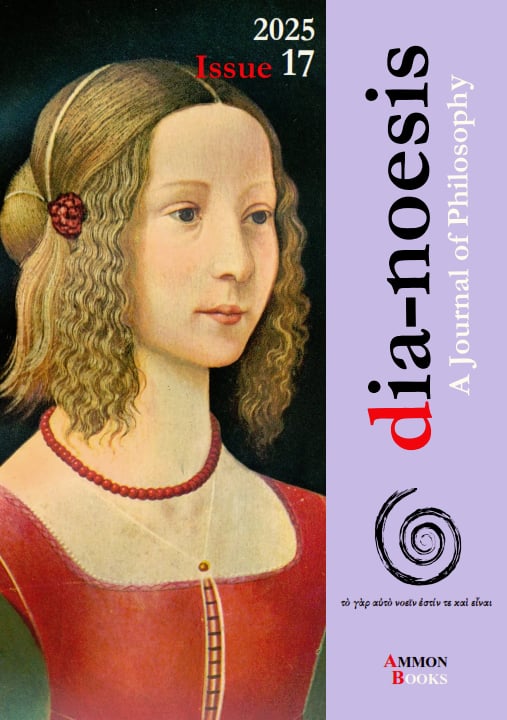Manosphere and hashtag feminism Highlighting aspects of digital public discourse on gender relations

Abstract
The article seeks to critically examine two distinct yet interconnected premises of digital reality nowadays which are highly indicative trends in the contemporary field of gender and gender relations; i.e., manosphere and hashtag feminism. The manosphere, as a rather safe digital space for the construction and emergence of hybrid forms of masculinity that further complicate the debate on male hegemony, is directly linked to contemporary men’s rights activists, the so-called incels. Conversely, hashtag feminism, a popular online protest tactic against gender inequality, sexist practices and forms of gender-based violence, is linked to a number of claims about the characteristics of modern feminist action on social media. Despite their emergence within the scientific community, primarily in the context of feminist sociology, and the heated debates they have provoked in the context of digital public discourse, these phenomena have not yet received significant attention from philosophical thought.
Article Details
- How to Cite
-
Liotzis, V. (2025). Manosphere and hashtag feminism: Highlighting aspects of digital public discourse on gender relations. Dia-Noesis: A Journal of Philosophy, 17(1), 107–130. https://doi.org/10.12681/dia.41707
- Section
- Articles


